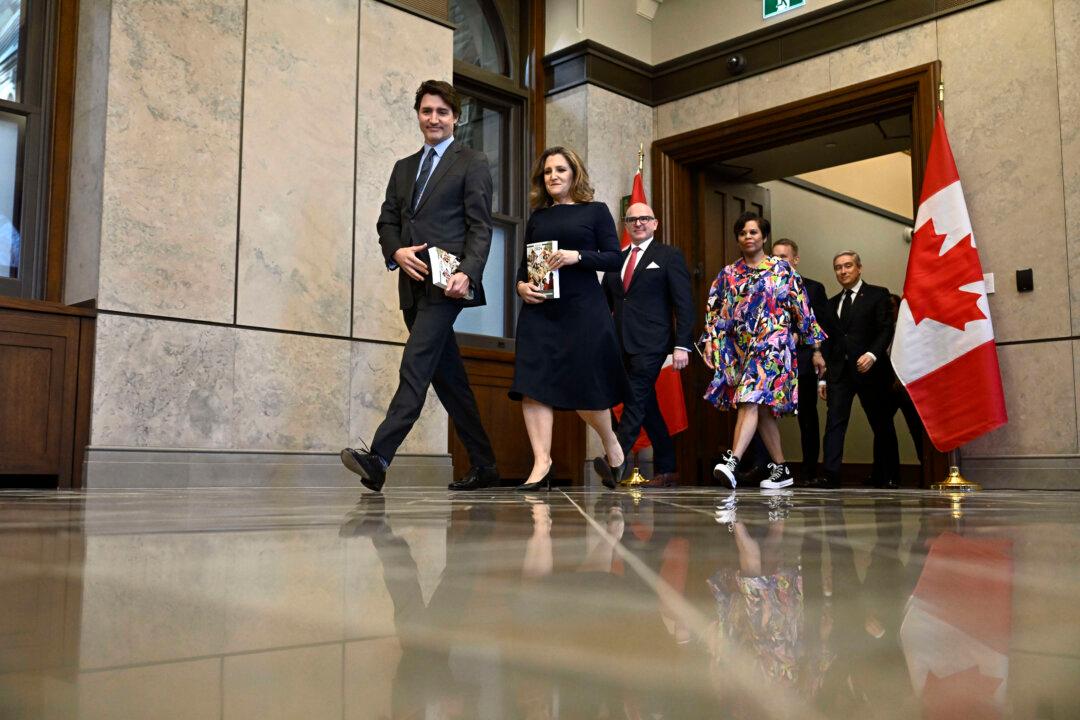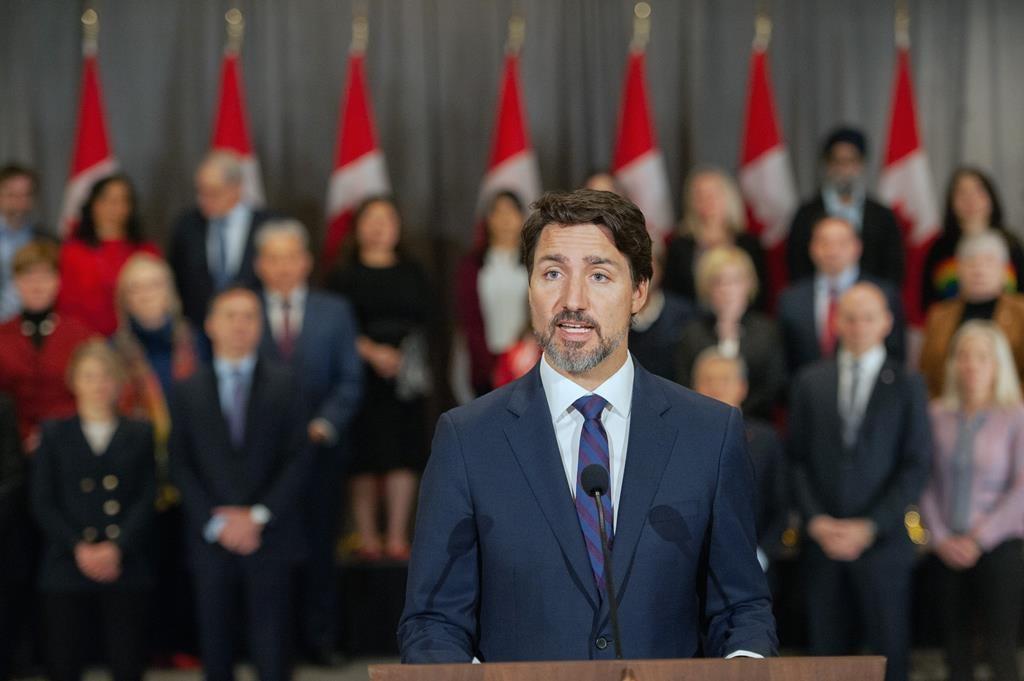Commentary
Canada is not immune to the dire challenges of a world gripped by the first European war since World War II, with nuclear threats from an irredentist Russia, a destabilizing energy crisis, a looming global recession brought on by central bankers aggressively raising interest rates to combat galloping inflation which they had previously underestimated, unprecedented public debt, and a lingering global pandemic.





